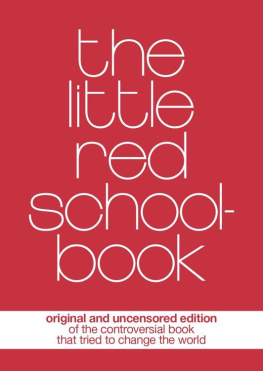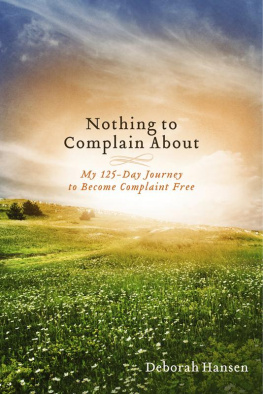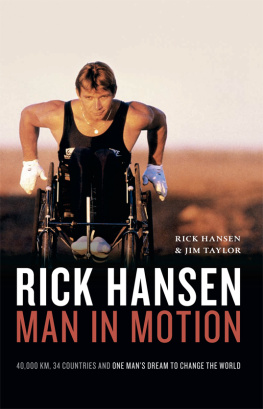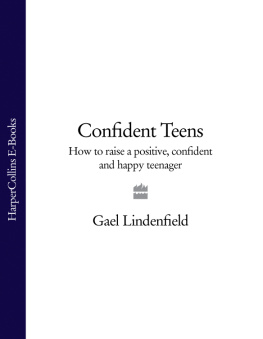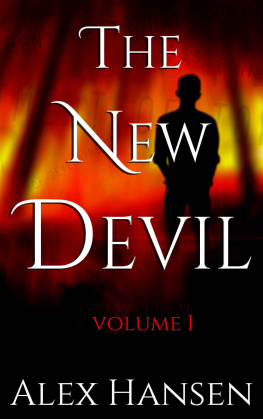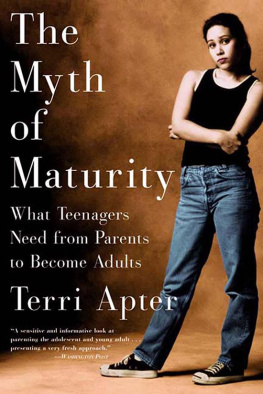the
little
red
schoolbook
the
little
red
schoolbook
Sren Hansen and Jesper Jensen
translated from Danish by Berit Thornberry
The Little Red Schoolbook
First published in the UK in 1971 by stage 1
This original and uncensored edition, with additional material, published by Pinter & Martin 2014.
Published in arrangement with Sren Hansen and the estate of Jesper Jensen.
1969, 1970, 2014 Sren Hansen and the estate of Jesper Jensen
Foreword 2014 Sren Hansen
Print edition ISBN 978-1-78066-130-8
Original Danish edition published by Hans Reitzels Forlag A/S, Copenhagen, title Den lille rde bog for skoleelever
All rights reserved. No part of this publication apart from short extracts for review and comment may be reproduced, stored in a retrieval system, or transmitted in any form or by any means, electronic, mechanical, photocopying, recording or otherwise, without the prior permission of the publisher.
Research and footnotes for 2014 edition by Helen Bilton
Pinter & Martin would like to thank Sren Hansen, Vibecke Aagaard, Ingrid Moore, Kevin Smith and Geraldine Homewood, as well as Richard Handyside and the original team behind the first UK publication of this book.
Based on a design by Ian Escott
Printed in the EU by Hussar Books
Contents
Publishers introduction to the new edition
Forty-five years is a long time and much has changed in the world since this book was originally written. Many things havent changed, however, and this is one of the reasons why we have reprinted this book exactly as it was written. This way you can see the original text, as it was intended to be read.
There are a couple of places where we have changed a word because the word in the text would not be understood now these are marked in the footnotes. There are very few of these, however most of what you will see was in the original. We have removed outdated contact details and addresses, and updated them where appropriate.
Wherever we think there has been a change from what the book says, we have researched more up-to-date information and then added the newer information in footnotes at the bottom of the page. We hope you will find it interesting to see what has, and has not, changed in the time since this book was first written.
The original text refers throughout to he and uses words like headmaster. Weve left them like that so you can get a flavour of the original, but you should be aware that these days we would write with less gender-specific language, using headteacher and he/she.
The book refers to several books and publications and quotes prices (in pennies!). Since the collapse of the Net Book Agreement in 1997 prices of books are not fixed so you couldnt do that any more in a similar book. Most of the publications mentioned in this book are still available second-hand though some of them are now rather expensive.
Over forty years ago, the UK publisher of The Little Red Schoolbook was successfully prosecuted under the Obscene Publications Act, a decision that was upheld by the Appeal Court and subsequently by the European Court of Human Rights (although 17,000 copies were already in circulation!). A second, censored edition was then published, but has long been out of print.
We hope this republication of the original text helps in a small way to draw attention to this largely forgotten book, which we feel in many ways is still very relevant today.
Foreword
When Jesper Jenson and I first published The Little Red Schoolbook in 1969 it was a protest against the Victorian/authoritarian school system with its robotic discipline. The book was mostly read by teachers and parents, but it was also widely enjoyed by students, from Japan in the East to Mexico in the West. To satisfy public demand it was translated into twenty languages. In Australia the government was on the brink of being overturned. The Pope condemned it as immoral. The publisher in Greece was jailed for daring to bring it to the public. The UK Authorities confiscated the book at the publishers office. The publisher took his case to the European Court of Human Rights, but lost.
Fortunately today, the Victorian/authoritarian school is no more. More sophisticated methods to discipline and standardise children have been carefully put into place. Children have been placed into a competitive arena. Education is no longer a personal process of forming a child into an adult. Now it is examination, classification, a standardised curriculum, intellectualisation, league tables, etc. Gone are the creative subjects. It is Beat your buddy. The pupils are the losers.
Unfortunately, I still believe the book is needed.
Sren Hansen, 2014
Introduction to the original British edition
This book was first published in Denmark in 1969. Since then editions have come out in Finland, Germany, Holland, Norway, Sweden and Switzerland, and American, Italian and Spanish editions are also planned. Children at school obviously face much the same sort of difficulties everywhere although you shouldnt forget that the problems faced by children in the rich countries where this book has appeared are nothing like as serious as the problems of the millions of children in poorer countries who dont get enough to eat, let alone have an opportunity of going to school.
Conditions vary from country to country, as well as from school to school. Unlike many countries which have a single basic state education system, Britain has a very wide variety of schools, both state and private. Points of detail may differ, but the problems discussed in this book arise in all sorts of schools.
This book is meant to be a reference book. The idea is not to read it straight through, but to use the list of contents to find and read about the things youre interested in or want to know more about. Even if youre at a particularly progressive school you should find a lot of ideas in the book for improving things.
This British edition has been edited by a small group of children and teachers, with the help of many other people. Weve tried to make it as useful as possible, but you can help us to make it even more useful.
Write and tell us about problems that arent discussed in the book. Let us know if the book helps you to understand things better and to improve the situation at your school. If youre lucky enough to be at a good school, let us know how particular problems have been solved in your school.
Your ideas, suggestions and criticisms will be used to make future editions of the book more useful. If you have particular problems, well try to put you in touch with other people who have the same problems, so that you can try to solve them together.
Do write anyway and let us know what you think of the book. Even if you dont like it at all write and tell us why.
We hope youll enjoy reading the book and, above all, that youll use it.
Alan, Elizabeth, Hilary, Richard, Roger, Ruth
All grown-ups are paper tigers
Many of you think, Its no good. Well never get anything done. Grown-ups decide everything and our friends are either frightened or dont care.
Grown-ups do have a lot of power over you: they are real tigers. But in the long run they can never control you completely: they are paper tigers.
Tigers are frightening. But if theyre made of paper they cant eat anyone. You believe too much in the power of grown-ups, and not enough in your own capabilities.
Children and grown-ups are not natural enemies. But grown-ups themselves have little real control over their lives. They often feel trapped by economic and political forces. Children suffer as a result of this. Cooperation is possible when grown-ups have realised this and have started to do something about it.

